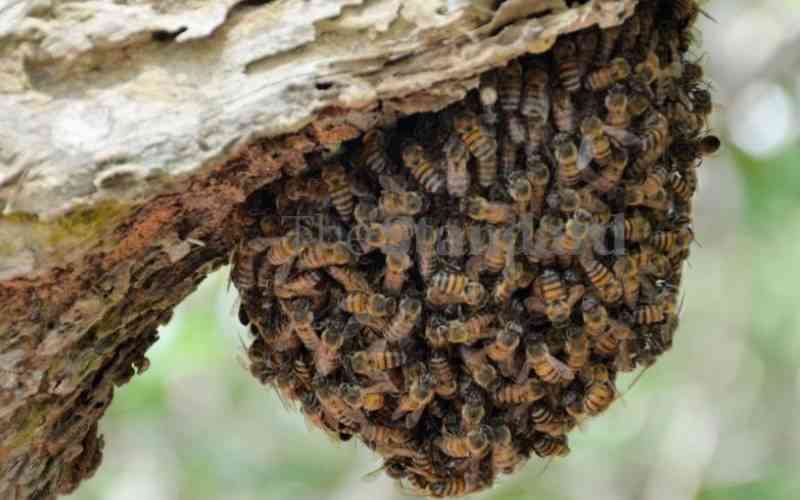×
The Standard e-Paper
Stay Informed, Even Offline

In Kenya, bees have been known to halt political rallies or campaign meetings, much to the chagrin of the organisers.
When that happens, it is not unusual for one party to claim that the bees have been "sent" by their opponents with others attributing such acts to witchcraft.